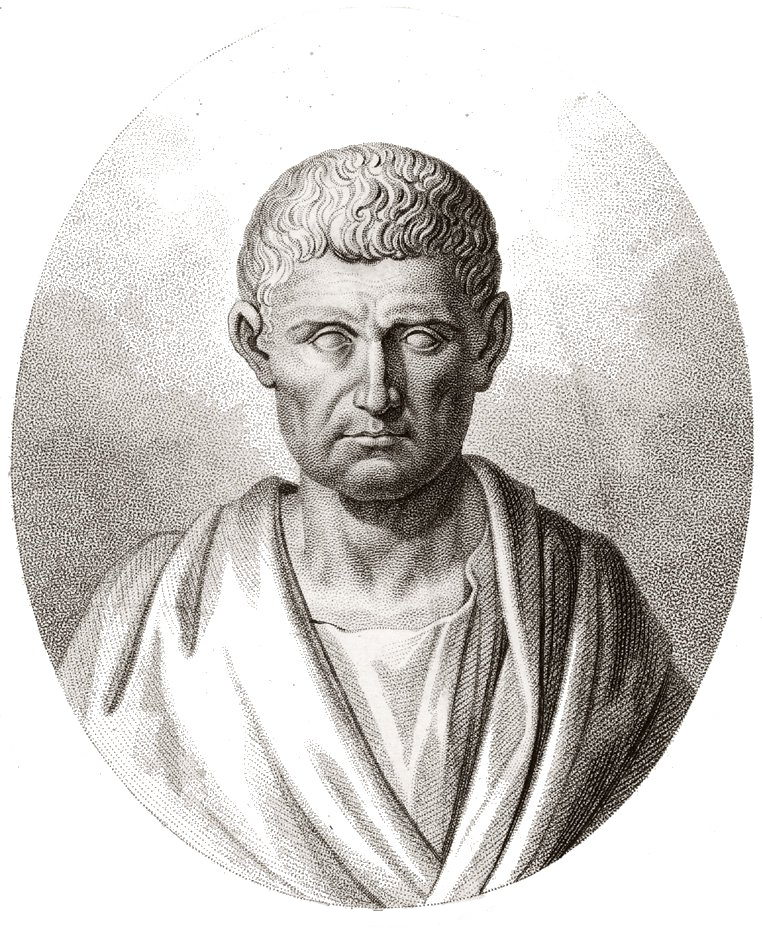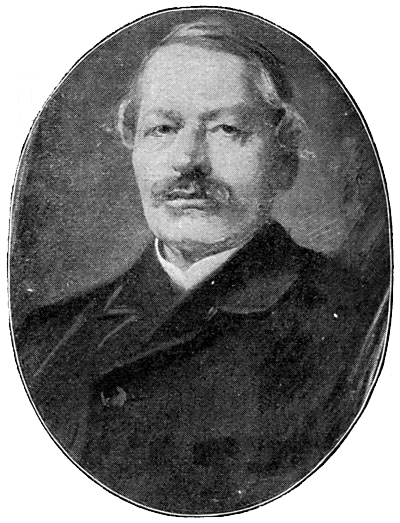 Image by Kelson [Public domain], via Wikimedia Commons |
Aristotle. |
Following John Quincy Adams’ Lectures on Rhetoric and Oratory, and Gustav Freytag’s Technique of the Drama, I decided to work backwards to the text on writing that still inspires books on how to write: Aristotle’s Poetics.
While Adams covers primarily speech writing of all sorts, and Freytag covers 17th century German Drama, Aristotle addresses ancient Greek drama in three forms: Epic, Tragic, and Comic (which he gives a precursory nod to, and then summarily dismisses). Keep in mind that as one reads the text, there are several substitutions of terms that need to be kept in mind. First, whenever Aristotle refers to the poet, what he is really referring to is the playwright. Secondly, references to the “climax” should actually be considered to refer to a crisis. There are other odd semantical differences between ancient Greek and modern English dramatic definitions,l, but they are fairly obvious to the reader.
The only other major point behind editing and posting this work is that, while the work and translation are both in the public domain, and widely available, including on sites like Project Gutenberg, none of the available versions have the original Greek in the translated text. THe online texts, instead, contain Greek text spelled out with anglicized letters: for instance “{delta omega rho omicron nu}” instead of “&deta;ωρον”, which is both very distracting and does a disservice to the translation.
So, without further ado, enjoy my edition of Aristotle’s Poetics.

